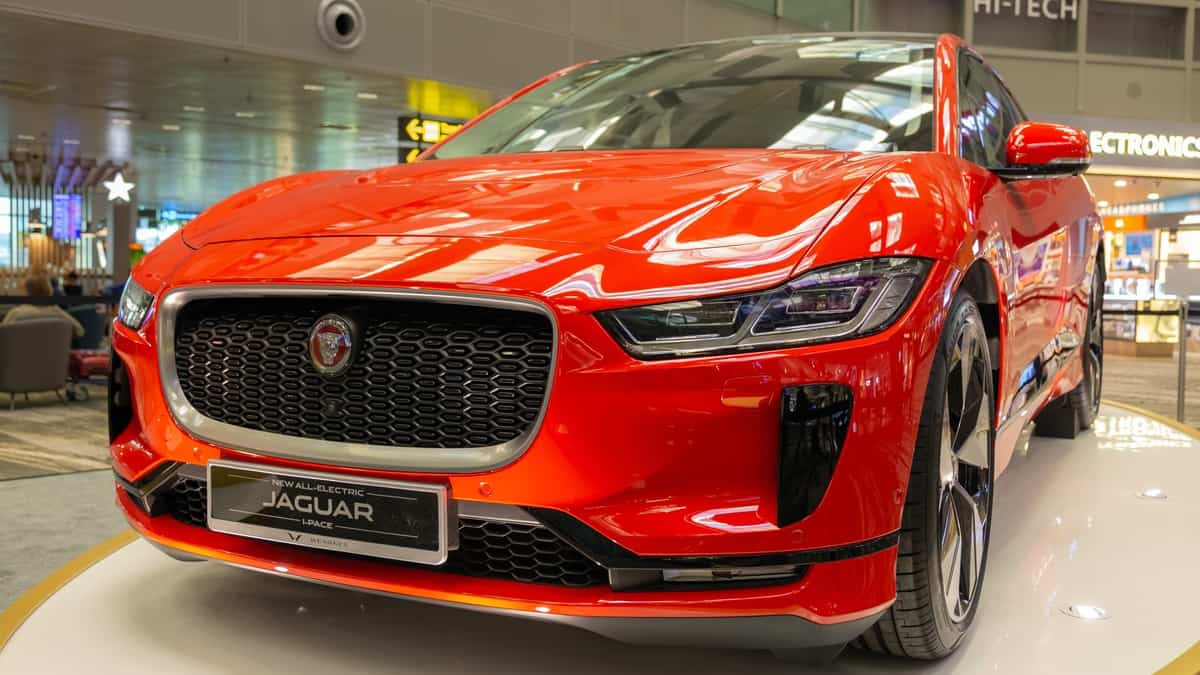Jaguar Land Rover announced plans to reuse its old electric vehicle batteries to store excess energy from the national grid and return it during high demand.
JLR claims the project, in partnership with Wykes Engineering Ltd., will be one of the country’s biggest energy storage systems.
“Our sustainability approach addresses the entire value chain of our vehicles, including circularity of EV batteries. Our EV batteries are engineered to the highest standards and this innovative project, in collaboration with Wykes Engineering, proves they can be safely reused for energy sector application to increase renewable energy opportunities. Using the 70-80% residual capacity in EV batteries, before being recycled, demonstrates full adoption of circularity principles.”
JLR’s Sustainable Industrial Operations Director, Reuben Chorley
Objective
JLR’s planned Battery Energy Storage Systems (BESS) aim to efficiently support 750 households in a day by the end of the year. Remarkably, that capacity equates to 7.5 MW hours of energy.
The automaker noted that old EV batteries can still be useful for such projects owing to their high quality.
That said, they usually have 70% to 80% residual capacity. Therefore, they can still be applied to other purposes like BESS once their qualities decline from EVs’ strict standards.
“Most of the metals in EV batteries can be recycled (only 30kg is lost once everything else has been recycled) – meanwhile, by the time it comes to the end of its life, a petrol car has irretrievably burnt 17,000 litres of fuel.”
Colin Walker, Energy and Climate Intelligence Unit Head of Transport
JLR aims to establish the system at the Chelveston Renewable Energy Park in Northamptonshire.
The company further seeks to expand the project by providing more containers to store the used batteries in the future.
See Also:
- Jaguar Land Rover invests $2.9B to accelerate the electrification of its luxury brand
- Jaguar and Land Rover charging comes to the UK
- Jaguar recalls over 6,000 I-PACE models in the US over battery fire risks
- Jaguar I-PACE sales down in Q3 since the launch
- Tata Motors will introduce 4 new e-SUVs as early as next year
JLR’s urge to penetrate the BESS industry is unsurprising, as it can aid the company in achieving its 2039 carbon neutrality target. In addition, the 2019 McKinsey report forecasts used battery battery applications for energy storage to surpass 200 GWh annually by 2030.

